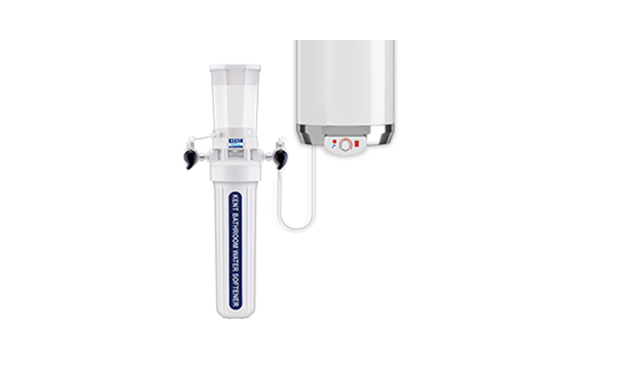Hard water is a common problem in many Indian households. Hard water has higher levels of minerals like calcium and magnesium. Hard water sediments can potentially carry some harmful bacteria with them. This bacterial growth over a period of time scales up in the water storage tanks of houses and may cause a number of diseases.

It is essential to treat this kind of water with hard water softeners. Distinguishing hard water from soft water is not possible by just looking at it. However, its usage over a period of time has a few tell-tale signs. Here are a few signs that indicate you are getting hard water at home.
The Taste of Water
The taste of the water tells a lot about its hygiene factor. Does the water at your home taste weird with a metallic taste that reeks of iron? The bacteria build-up in water reacts with the magnesium sulfates and tastes moldy. The bad taste of water may be due to the growth of algae in old pipes. Consuming 4 to 5 liters of water that tastes bad every day can have a serious impact on health.
Dull and Dry Hair and Skin
Hair washed in hard water makes it look dull and brittle. Hard water leaves a layer of soap that causes your skin to get dry and itchy. Also, the mineral deposits on the body after bathing in hard water soak away the moisture from the skin. Excessive drying can lead to a number of skin conditions like eczema.
Frequent Repairs of Plumbing Infrastructure and Kitchen Appliances
Hard water affects the plumbing fixtures. The hard water forms a layer of calcium, which drops the flow of water and eventually leads to clogged trickle. Clogging of pores is a sure-shot sign of hard water. That being said, kitchen appliances also have to face the brunt of hard water build-up. The appliances that need cleaning with water often break down frequently or fail to function efficiently. This can lead to frequent breakdown of appliances. For instance, geysers that consume more electricity to heat water eventually lose their capacity to heat water.
Faded Clothes and Stained Dishes
Soaps and detergents react with the salts present in the water. If the soap doesn’t get rinsed, the clothes look faded, rough and unusable after a few washes. People, who get hard water at home, tend to use more detergent with hot water in order to wash clothes. The yellowing of white clothes is a result of the iron content in hard water.
If you notice any of the above signs, it’s a sure indication that you are getting hard water at home. It’s not a safe choice to use hard water for long. The best way out would be to use hard water softeners that use the process of ion exchange to reduce the hardness in water.

